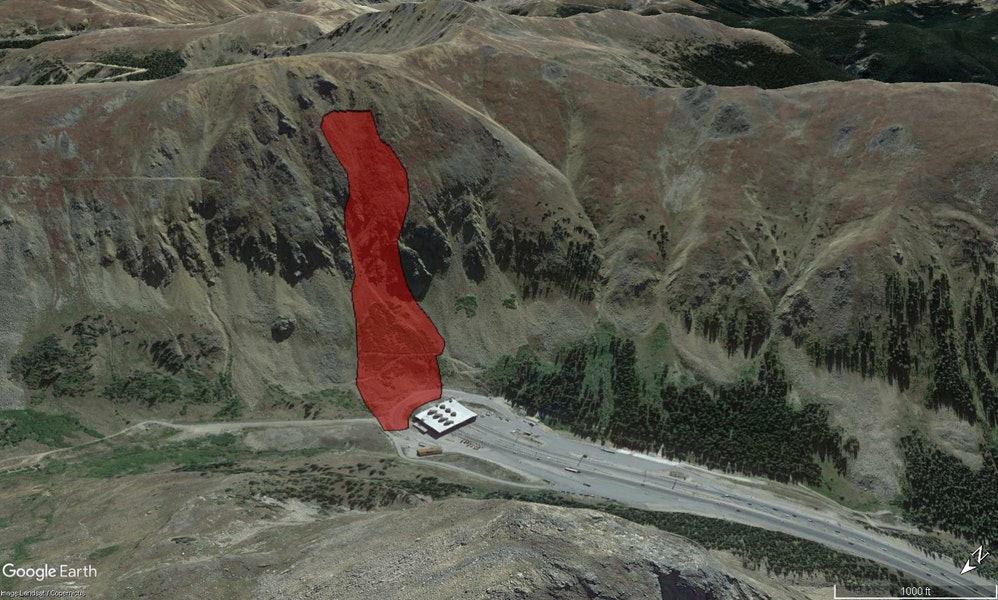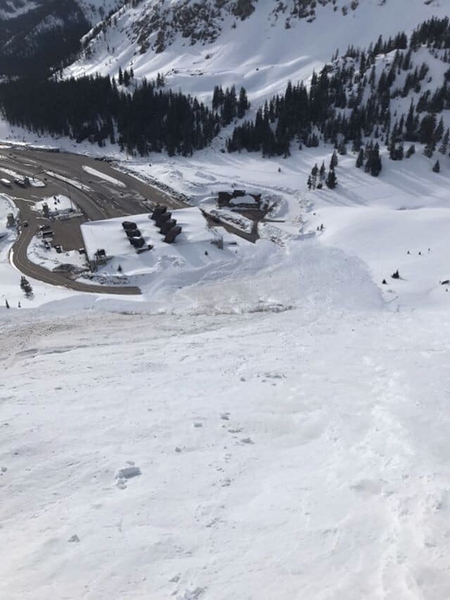
The criminal case against Evan Hannibal and Tyler DeWitt, two snowboarders charged with reckless endangerment related to their involvement in an avalanche that damaged Colorado Department of Transportation (CDOT) infrastructure on March 25, 2020, continued yesterday. During virtual motions, defense attorney Jason Flores-Williams argued that Hannibal and DeWitt’s 4th Amendment Constitutional rights were violated when the information they provided to the Colorado Avalanche Information Center (CAIC) was used as the basis for the criminal court case. He argued that the use of their report to the CAIC constituted an “unreasonable search and seizure” under the 4th Amendment, as they did not realize that information they provided would be used against them in criminal proceedings. He asked Summit County Judge Edward Casias to suppress the use of this information in the upcoming trial. Judge Casias disagreed and ruled that there was no constitutional violation due to the information sharing and dismissed the motion to suppress the evidence at trial.
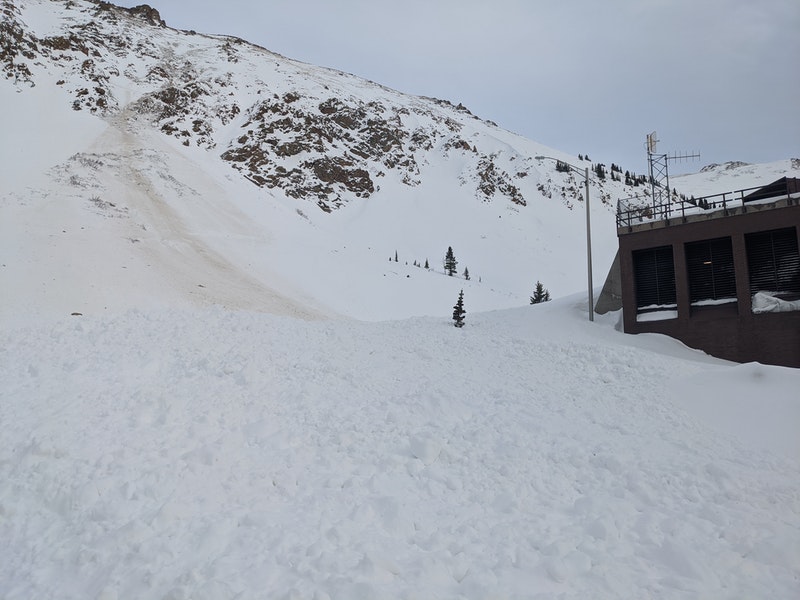
According to the Summit Daily newspaper:
“On March 25, DeWitt of Silverthorne and Hannibal of Vail were snowboarding above the Eisenhower/Johnson Memorial Tunnels when they triggered an avalanche that ran onto the Loop Road above the tunnels. Nobody was injured in the slide, though it did damage a remote avalanche-control unit and cover more than 400 feet of the roadway in debris up to 20 feet deep.
DeWitt and Hannibal cooperated with law enforcement on scene after the avalanche and were allowed to leave. In April, they each were issued citations for misdemeanor reckless endangerment. In addition to the charges, prosecutors also are seeking more than $165,000 in restitution for the resulting damage and cleanup.”
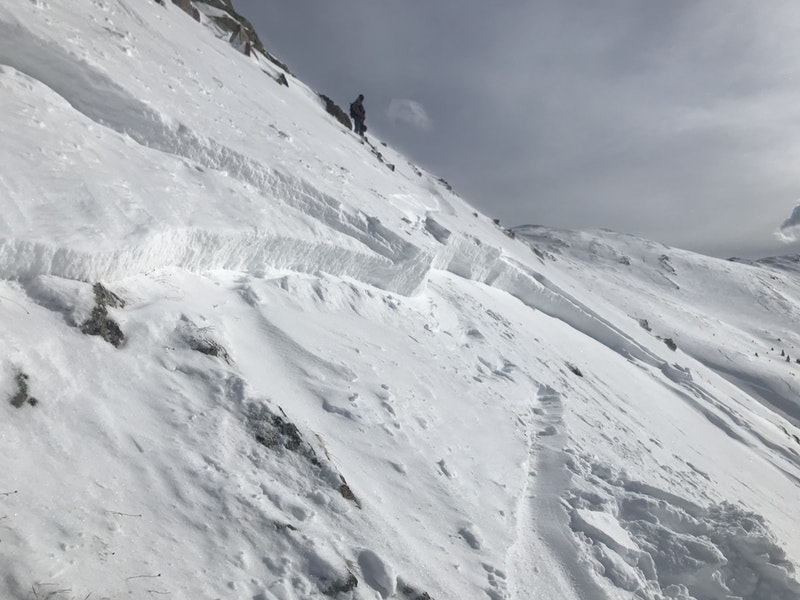
This case is the first of its kind in the US and raises questions about avalanche involvement reporting. Among backcountry users, there is considerable discussion about this public reporting being used in this way. There is concern that people involved in recreational backcountry avalanche incidents will choose not to provide reports to avalanche information centers for fear of being prosecuted.
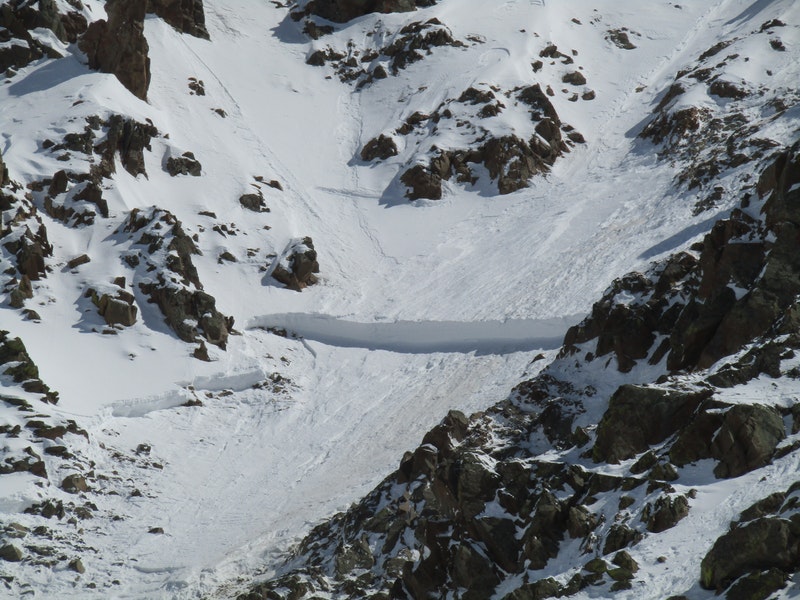
Avalanche incident reports to the CAIC and other avalanche information centers are often used in official reports published on organization websites. According to Executive Director Dr. Ethan Greene, the CAIC is..
“…focused on improving information and education about avalanches to improve the safety of backcountry users, and the organization frequently provides information on avalanches to other state agencies for that purpose,” and that: “The center also frequently works with sheriff’s offices on search and rescue operations.”
“Our role is to facilitate people understanding avalanches, so we do that by sharing information,” Greene said. “In general, if the public requests information, we provide it.”
— Dr. Ethan Greene, Executive Director, CAIC
A trial for the case is scheduled for March 25, 2021, though Judge Casias informed all parties that the date is subject to change given ongoing scheduling difficulties resulting from COVID-19.
